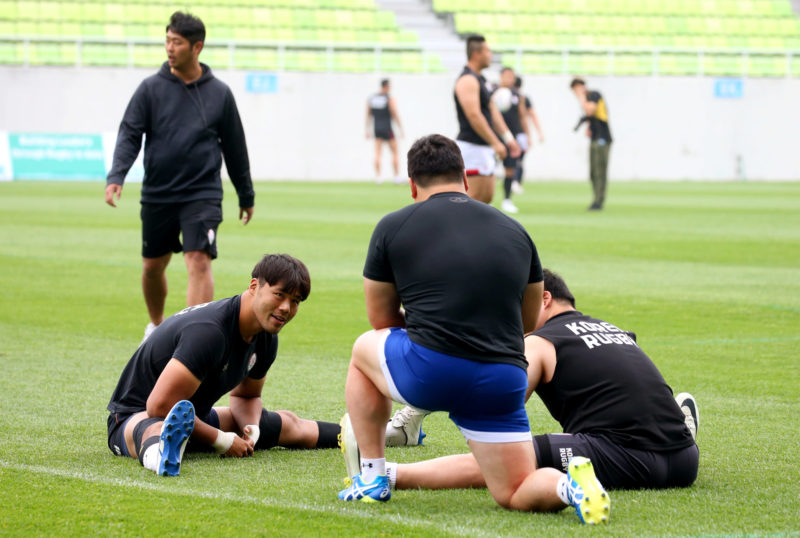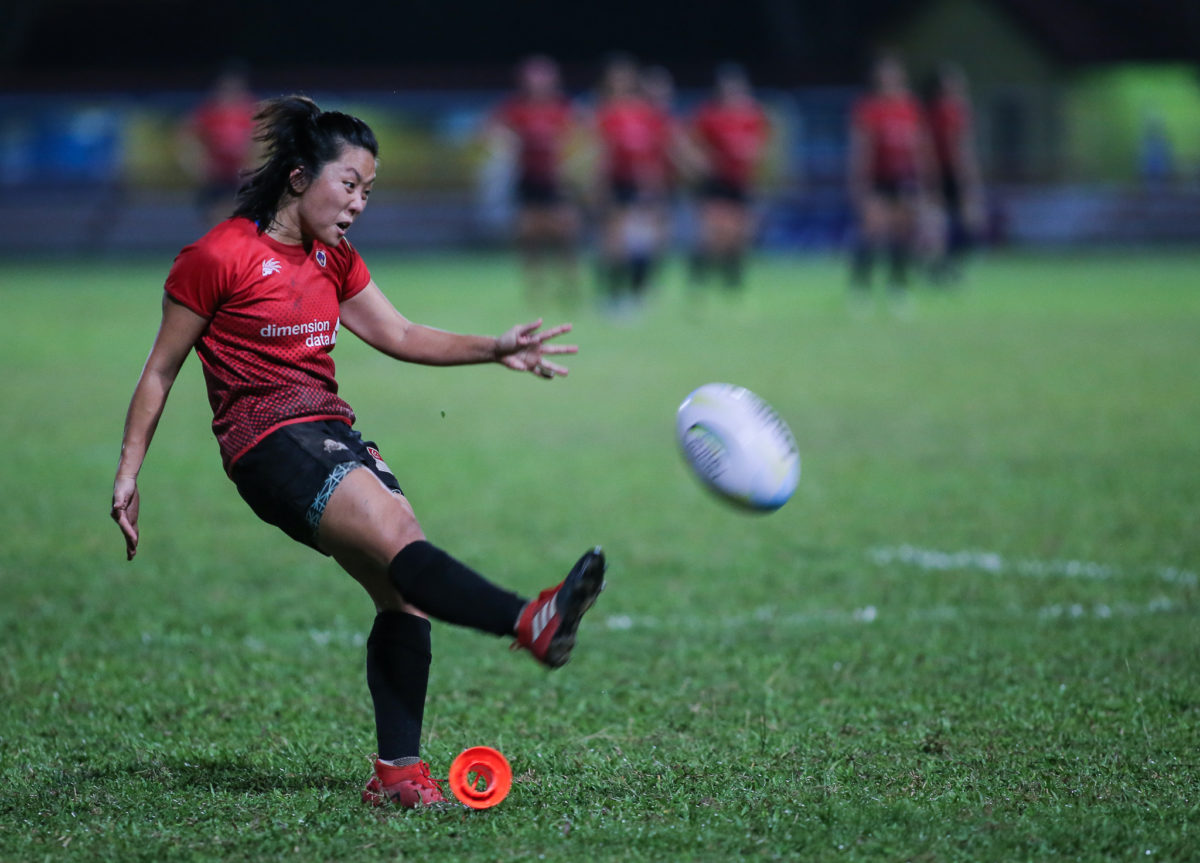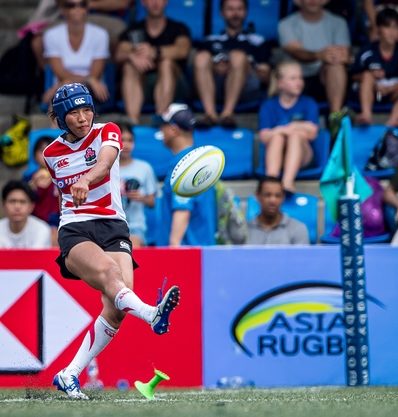Consistency isn’t everything in pre-performance routines #Playerwelfare By: Neha Malhotra
In the last blog, we discussed the role of pre-performance routines and asked how important consistency is to them.
A slight change in routine should not hamper performance if it serves a definite purpose – for example, to improve concentration.
In fact, altering a pre-performance routine from time to time could prevent it from becoming automatic.
This is important because when a player carries out a pre-performance routine automatically – in other words, without thinking – she might still have spare mental resources to think about other things while simultaneously carrying out her routine.
In the worst case scenario, these thoughts might include ‘worrying’ or ‘overthinking’ the task at hand – whether it’s a rugby kick, golf swing, or something else.
As previously discussed, overthinking or ‘reinvestment’ can lead to disrupting the automatic, fluid performance of experienced players.
Research by Robin Jackson, a sport psychologist and senior lecturer at Loughborough University, has revealed that routine consistency – that is, concentration and physical preparation time – can vary for elite rugby players.
In a study entitled Pre-performance routine consistency: Temporal analysis of goal kicking in the Rugby World Cup, Jackson analysed 572 place kicks taken during the 1999 Rugby Union World Cup.
He found that concentration times were longer on more difficult kicks, as well as those taken under high pressure – when the score between the teams was close.
For coaches, this may suggest that there is no added advantage of clocking times for the routines of their players to ensure timing consistency.

Overall, anecdotal evidence and empirical research suggest that there is a benefit for including pre-performance routines for self-paced tasks in sport like golf putts, basketball free-throws, and rugby kicks.
In the next blog we will discuss the steps that can be undertaken to introduce pre-performance routines into your training.

She is a Postdoctoral Research Fellow at Nanyang Technological University and an Honorary Research Associate at the University of Waikato, New Zealand.
You can follow her @Nayhamal on twitter.
this is from a series of articles Neha Malhotra is writing for Asia Rugby
Other Articles By Neha
https://www.asiarugby.com/category/medical/neha-malhotra/
Asia Rugby Facebook
https://www.facebook.com/asia.rugby/



